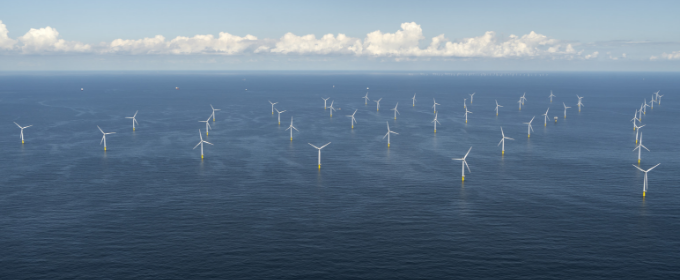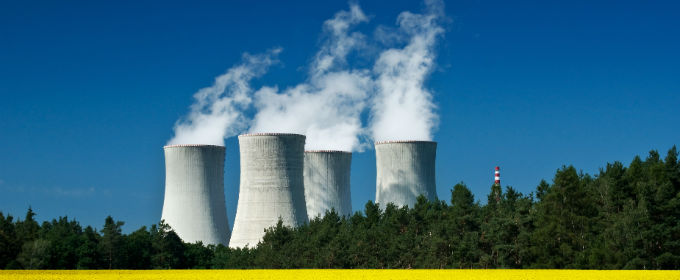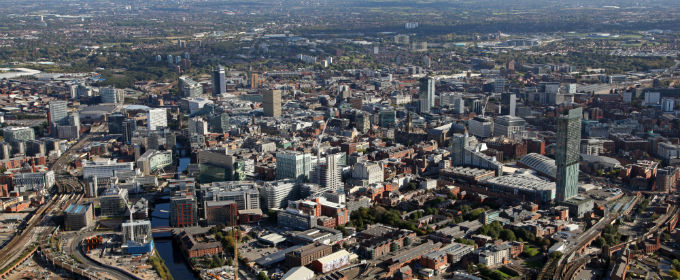Mike Shaver is currently Professor of Polymer Science at the University of Manchester in the School of Materials. In this article Mike explores how we should be viewing the use of plastic and also how we can avoid the potential environmental problems from plastic alternatives. Sustainable alternatives to plastic need thoughtful analysis of the whole […]








